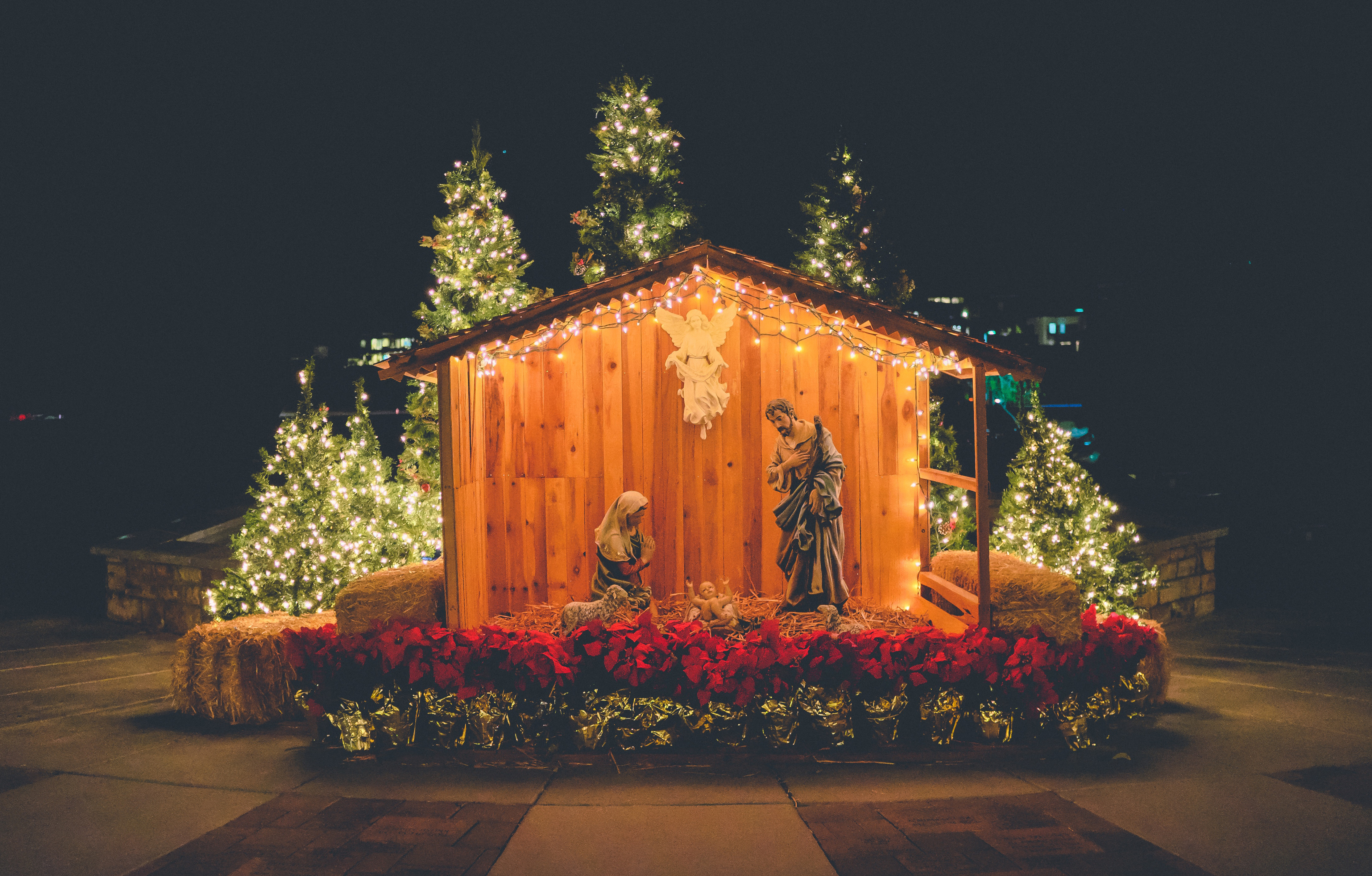Have you ever heard a story so many times that you almost stopped listening whenever it was told? You knew the story, so why listen? You had it all figured out, so why pay attention?
For me, I think there are many stories like that, and one of them is the Christmas story. I have heard and told the story of Mary and Joseph in the stable so many times that there’s been seasons where it almost lost it’s meaning. But interestingly, there has been other times, where the story came alive to me all over again.
Surprisingly, for me, one of those times came around Easter. A few years ago, in the springtime, over and over from peers or friends, I heard stories about infertility. Becoming a mom is something that as women, we just assume we’ll be able to do when the time comes. But for some of us, the process becomes a season of heartache, waiting, and disappointment.
That year, I regularly prayed for friends of mine who found themselves waiting for one year and then two. I asked God, why? Why was it so hard for good and loving couples to conceive?
In my prayers, rather than giving me the answer directly, I felt God remind me that infertility is a big part of His story. Abraham and Sarah waited until Abraham was 100 year’s old before Isaac was born. Isaac prayed for his wife, Rebekah, because she was barren (Gen. 25:21), and she conceived Jacob and Esau. Jacob’s wife Rachel was so desperate for children she gave Jacob her maidservant to sleep with. But when she finally conceived, her son Joseph grew up to save all of his family and Egypt.
God’s story is messy and full of waiting for new life.
Just before we meet Mary, Jesus’ mother, we meet her cousin Elizabeth. Elizabeth is well past childbearing age. In Luke one, we get the sense that she and her husband, Zechariah, have lived a very good life, and yet we’re told, they were never blessed with children. Then one day, an angel tells Zechariah, that he is going to become a father. Elizabeth becomes pregnant.
Over and over, the women in God’s story are labeled barren. Yet over and over, from their bodies, new life comes. The impossible becomes reality.
Then we meet Mary, who has a different label, virgin. A virgin can’t conceive on her own. She can’t become pregnant without a partner. But we’re told later in Luke one, that Mary will indeed conceive.
That spring, all of these stories filled my mind. In the week leading up to Easter, when most Christians are contemplating the cross, I found myself thinking about all of these women and their stories. Like a puzzle I couldn’t quite piece together, I felt God leading me to ask the question:
Why is infertility a part of Your story?
Then in an ending that may seem too perfect, I woke up on Easter morning to find the missing piece. Jesus. Over and over, God brought life where we were barren, to point us to the day where He was going to bring life from death. Where Jesus was going to die then resurrect, so that He could bring life to all the parts of us that are dead and barren.
God brought life.
Where we thought life couldn’t grow, God brought babies. Where we thought death was final, Jesus walked out of the grave. And He did all of this to tell us over and over, that He is not only the Author of Life, but also the birthplace of Hope.
The story of the virgin birth at Christmas, is for all of us who are waiting for new life. Whether literally praying for a baby, waiting for an unmet desire, or still grieving the death of a dream, the message of Christmas is that God brings life where there isn’t any. That He has abundant life for us all. There is hope, and there is more to come for each of us who seek Him.
Where do you feel barren?
Where do you need new life?
Would you like more from Melissaschlies.com delivered to your inbox?
If so, subscribe here.












What a beautiful post. I had noticed all the barren women in Scripture, but I had never thought about why they were part of the story before. Thank you for this!
Heather Bock
Wow! I never thought of all the barren women in the Bible in this way. Great read.
Beautiful!